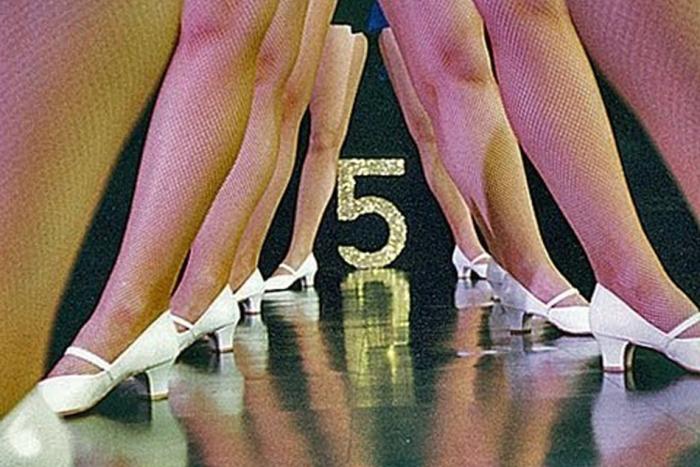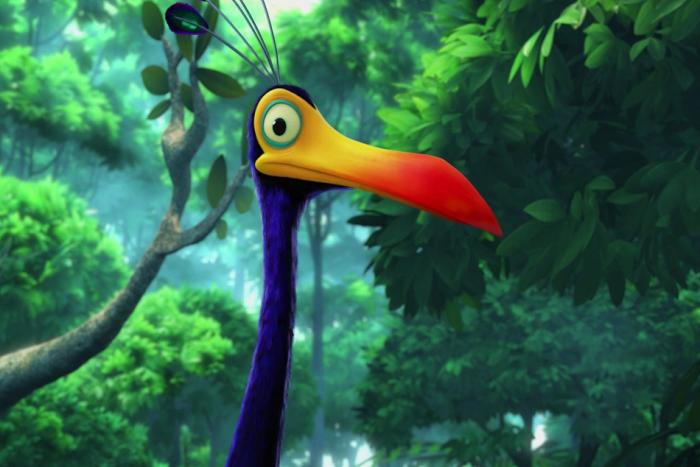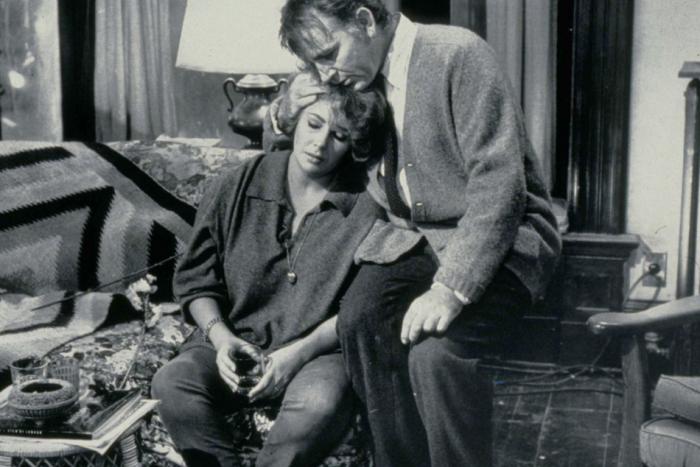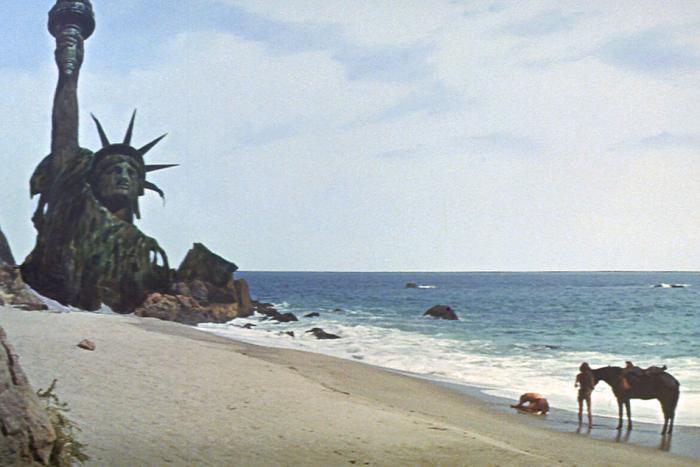Marshall McLuhan—whose Understanding Media turns 50 this year—described how media shaped the evolution of the teenager. What about teenagers these days?
Tangent
The Latest
“Free speech” allows citizens to speak truth to power; it also allows Facebook users to proclaim that “Elliot Rodger is an American Hero.” As Paula Todd writes in Extreme Mean: Trolls, Bullies, and Predators Online, free speech can be a formidable censor.
Alex Bellos, author of The Grapes of Math, was surprised at the detail with which people personify their favourite numbers. Obviously, four is the best.
In 1907, Vancouver residents initiated a racist riot against the city’s Chinese community. Now, in 2014, current fears about a Chinese “takeover” of Vancouver real estate show the evolving nature of Canadian xenophobia.
With The Knowledge, Lewis Dartnell has written a guidebook for rebuilding human society after the apocalypse. But how can we know what we’ll know after the end?
Ed Catmull’s Creativity, Inc. makes use of a familiar metaphor: the creative work as infant. But a familiar term raises the question: does the creative process require you to murder your darlings?
In Playing the Whore, Melissa Gira Grant identifies a crucial point: talking about sex work is essential for advocating on behalf of sex workers, but inciting arousal distracts from real issues—and might prove an uncompensated form of sexual service.
Anne Michaels’ Correspondences speaks to shared history and shared tragedy, but this fellowship is not always a welcome one.
John Williams’ classic, Stoner, resonates especially now that the ideals its characters hold—the university as refuge for the sensitive, inquisitive types—have been so thoroughly crushed.
The sixth extinction is most certainly on its way. Annalee Newitz's Scatter, Adapt, and Remember asks an important, if terrifying question: If the human race survives, will it look anything like we do now?
Pagination
- Previous page
- Page 3
- Next page












